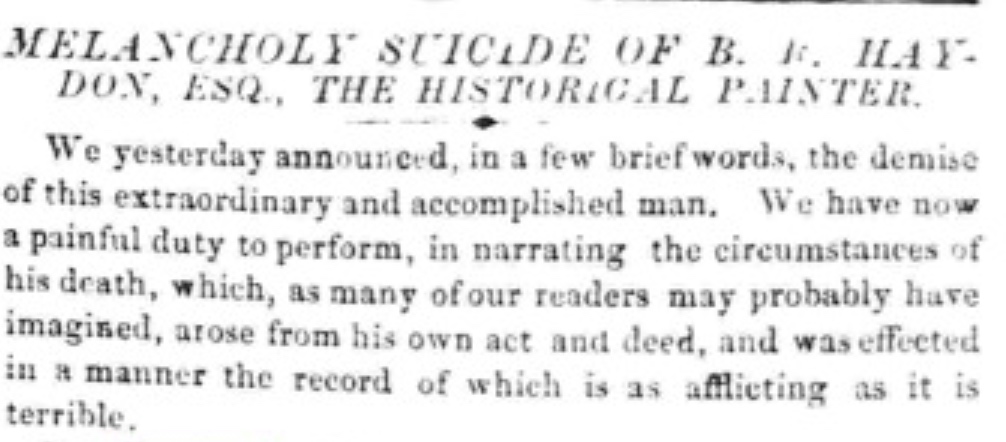25 March 1820: Benjamin Robert Haydon, Christ’s Entry,
Anxiety, & the Desire to be
Remembered
Egyptian Hall, Piccadilly, London
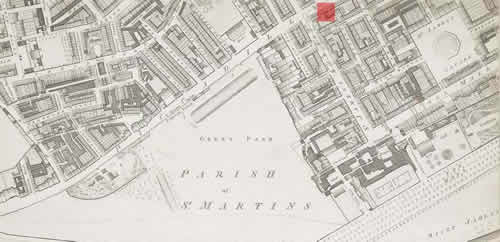
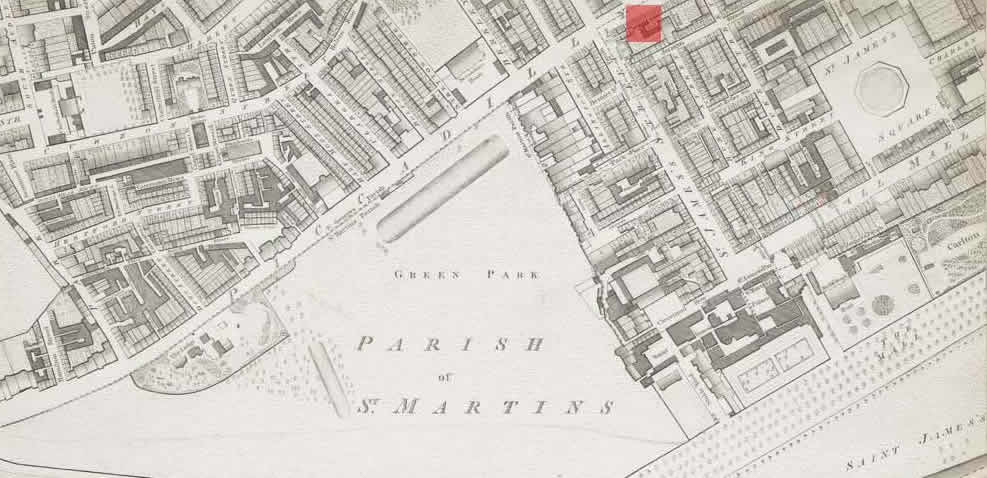
At a private exhibition at the Egyptian Hall, Piccadilly, London: Keats sees the completed
historical painting Christ’s Entry into Jerusalem,
a huge canvas painted (over a period
of about six years) by his good friend, Benjamin Robert
Haydon. The Egyptian Hall is demolished 1904-5; a Starbucks may currently be on the
site (about 171 Piccadilly). The painting is also known as Christ’s Triumphant Entry into
Jerusalem,
as it is advertised later in the year (see the ad below).
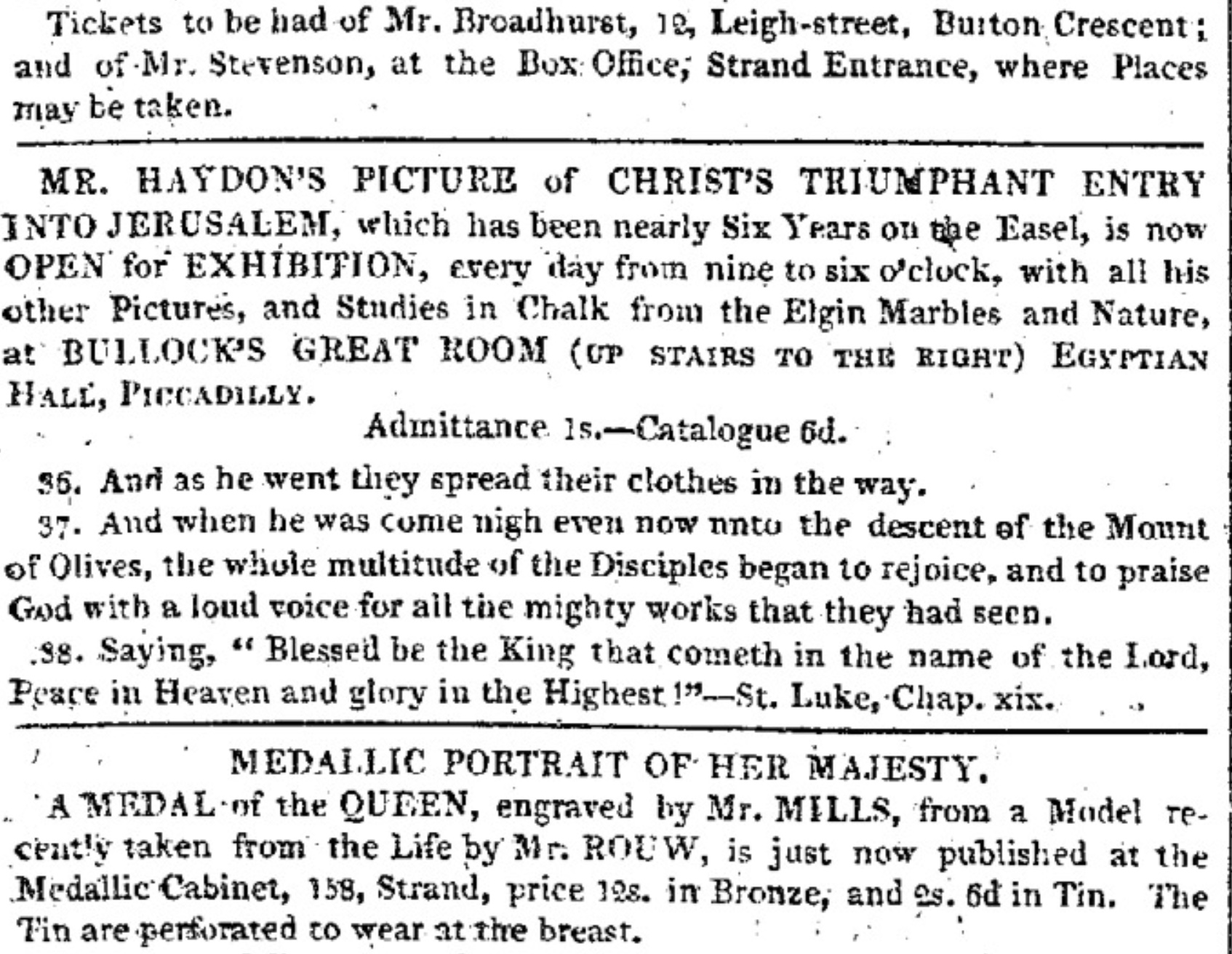

Six Years on the Easel: Haydon’s Christ’s Triumphant Entry into Jerusalem, The Examiner, 1 Oct 1820 (click to enlarge)
Keats, aged twenty-four, must have felt quite flattered by being included in the crowded
canvas, along with more famous contemporaries like William Hazlitt, William
Wordsworth, and Charles Lamb, as well as
historical figures like Voltaire and Newton. The painting gets a great deal of attention,
though Hazlitt’s reputation sinks over time; Haydon’s modest output and neoclassical style (the grand manner,
as it is
sometimes called) is at a certain point limiting and dated. And Haydon is, it seems,
a very
slow producer: this is good news and bad news: good news in that it seems he must
have taken
some care, and bad news, in that he needs complete paintings in order to sell paintings.
Keats’s relationship with Haydon begins in enthusiastic mutual admiration soon after they meet in October 1816 via poet, publisher, and celebrity journalist Leigh Hunt; it evolves to infatuation (and to something like brotherly love, even); but it wanes and strains over personal and financial issues into 1819, as Haydon pushes Keats for money, just while Keats himself struggles to stay afloat.
Haydon, almost ten years Keats’s senior, is a complex character: quarrelsome, sensitive, passionate, pedantic, a great conversationalist, boastful, at times emotionally unbalanced—with bad eyes and bad handwriting (but an excellent writer). No doubt he influences some of Keats’s tastes and values in art (and in particular the relationship between art and beauty); and, like Hunt, he also introduces Keats into aspects of London’s culture and to people. Haydon knew a lot of interesting people, and he thought a great deal about art’s larger purposes. He was a famous and extremely passionate defender of the controversial Elgin Marbles; and Keats, upon seeing the Marbles (initially with Haydon back in early March 1817) is spurred to very profitable and perhaps crucial consideration of how voiceless, wordless art can, centuries after its creation, still awaken profound thoughts and feelings—and will do so forever, without its perpetually changing audience knowing anything of its originating conditions: How can he, Keats, via poetry, also approximate such stilled expression and feeling? How can he create art that has such compelling, silent, staying power? This is central to Keats’s progress. Haydon also contributes to Keats’s turning away from Hunt’s influence, who is the other key figure in the early period of Keats’s writing career. Hunt and Haydon in fact compete a little over Keats’s loyalty and attentions. Sadly, after a failing career and continuing financial trouble, in 1846 Haydon commits a grizzly suicide: he manages to both slit his throat (twice) and shoot himself.*
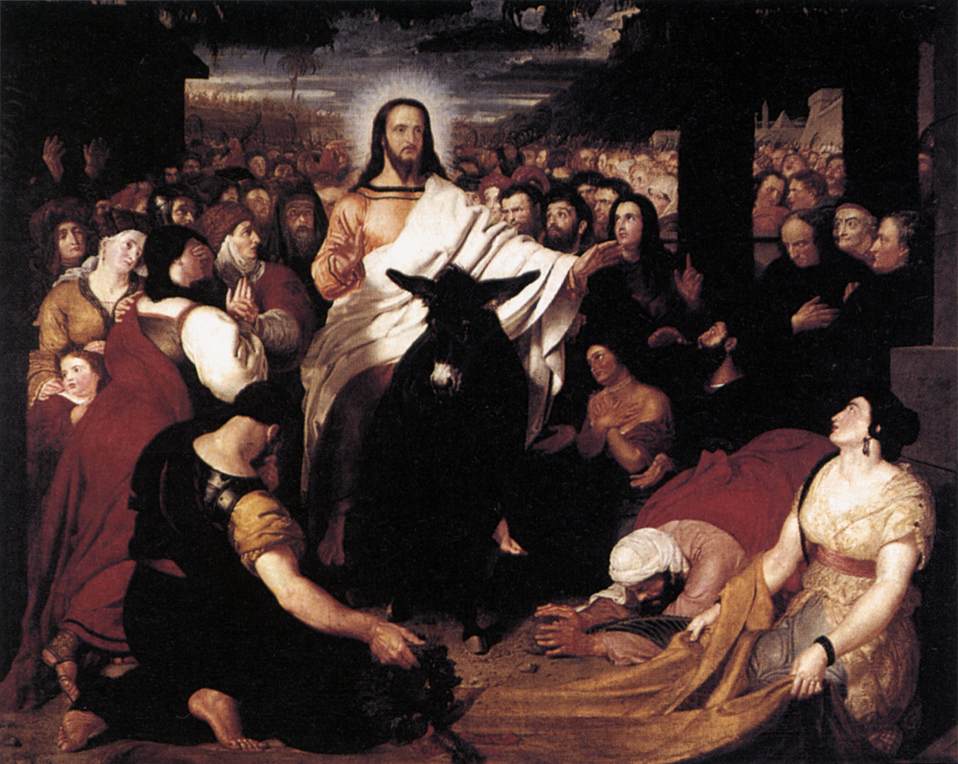
For Keats, early 1820 is marked by numerous overlapping moments of uncertain mental
and
physical health. He is generally at a loss as he flips between idleness and restlessness.
He
is tired of some of his friends; he is tired of London; he is often too weak to do
much; he
has a fairly dire financial situation; has no new creative project. He is at times
confined
due to colds, fever, and, increasingly and most dangerously, chest issues. Keats may
be
experiencing something akin to panic attacks—in early March, his close friend Charles Brown will describe them as violent
palpitations at the heart
(8 March), though Brown apparently soon receives some hopeful
but utterly incorrect diagnostic information: as he writes to John Taylor, Keats’s
publisher,
we are now assured there is no pulmonary affection, no organic defect whatever,—the
disease is on his mind, and there I hope he will soon be cured
(10 March).
Yes: Keats, during this period, indeed suffers from emotional turmoil, with (in his own terms) fears, anxiety, impatience, discontent, and uncertainty; but the fact is that Keats for at least six months has been physically unwell, with his symptomatology repeatedly centered in his chest—the words inflammation, palpations, weakness, and tightness keep coming up. Perhaps at the back of all of this, consumption had set in earlier than 1820; his earlier nagging throat issues may have been a sign of something else. [For more on Keats and consumption and the connection to those throat issues, see 3 February 1820.]
Beyond the physical symptoms, Keats expresses to his friend James Rice that he is beginning to experience something like what we
today might call depression (14 Feb. 1820)—nervous irritability
and anxiety of
mind
are what a doctor tells him, and immobilizing feelings at moments plague him;
remarkably, the too great excitement of poetry
is also seen as a cause of his condition
(letters, 21 April). Keats even comes to fear having any negative thoughts at all
(letters, 4
May). That haemorrhage on 3 February is a sign that Keats himself recognizes as serious—in
fact, he immediately believes it might be a death-warrant.
Given Keats’s condition and
situation, which borders on being disabling, his intense feelings—especially in the
form of
fear and foreboding—are hardly surprising. Most of Keats’s friends are aware of Keats’s
dire
prospects; as Haydon writes to William Wordsworth 28 April, Keats is very
poorly, and I think in danger.
Keats’s diet is restricted (he is off animal food), but this treatment also weakens
him
(letters, 4 March). He is given strict orders to rest. He comes to consider the mind/body
connection: as he advises his younger sister, Fanny, low spirits [. . .] are great enemies to health
(12 April).
Complicating this period are strong yet restless feelings of love for Fanny Brawne, expressed in a number of notes to her, many in a
flurry over February and into March. He tells her that he thinks of little else but
her lips,
her kisses, her smiles, her embrace. With his health issues and precarious prospects
for
earning a living, he feels he can only be patient, and wait—but for what? What prospects
does
he really have? He has some vague but passing hope: Illness,
he writes to Fanny, is
a long lane, but I see you at the end of it . . .
. For a moment he considers breaking
his engagement to Fanny, though he makes it clear he cannot bear the thought of losing
her
(Feb 1820).
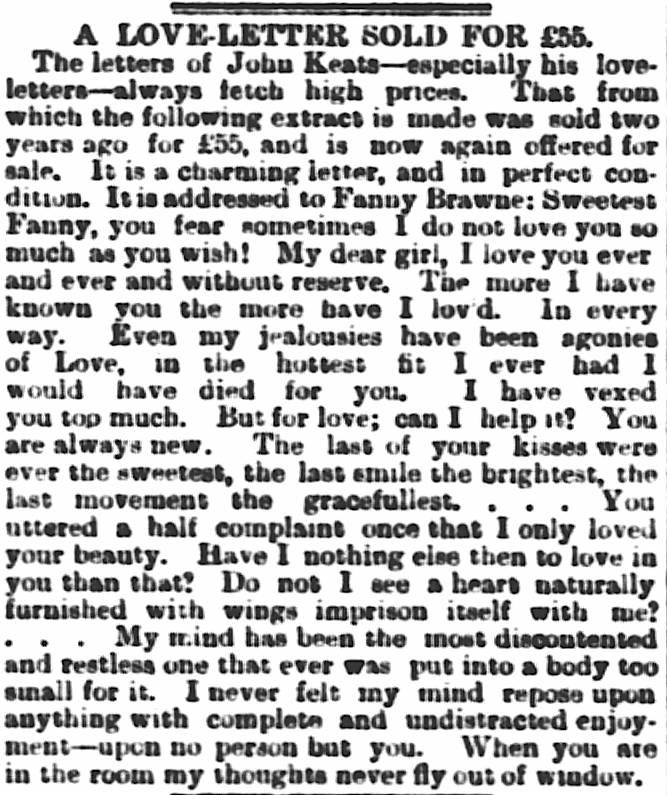

Given Keats’s complex feelings for Fanny, which
are agonizingly compromised by his inability to fully engage with her during this
period,
there is a good chance that Keats writes what might be his last full poem, though
its dating
remains a matter of conjecture. Ode
to Fanny has references to blood-letting (which happens after his 3 February
haemorrhage); to not being able to be with her (he is confined to rest); to emerging
jealousy
(that she socializes while he cannot); to his increasing possessiveness; to his desire
but
inability to write poetry (to conjure any poetic theme
); to his utter ravished,
aching
love for her (Fanny is, he writes, the sweet home of all my fears, / And
hopes, and joys, and panting miseries
)—these all point to the first part of 1820 as the
time of the ode being composed. The ode is decent, and it attempts poetic control
over its
emotional intensity, but the somewhat confused expression of personal desire intermixed
with
an awkward attempt to convey an elevated sense of the subject—his love for Fanny—compromise
each other. Ode to Fanny
remains touching and revealing as an expression of Keats’s declining situation, his
confusions, and his precarious love.
In a moment of feeling better, Keats makes some small revisions to Lamia, which will be one of the title poems of his
final collection, and the lead-off poem in the volume: Lamia,
Isabella, The Eve of St. Agnes, and Other Poems, published in June. Lamia, he believes, will have
some success, since it is written with some fire
in order to appeal to the public’s
desire for sensation
(letters, 18 Sept 1819). But he writes no new poetry. Keats hopes
to get on with publishing the collection, but he is too weak to do much of the work
or even
contribute a preface. In fact, what goes into the volume, how it is ordered, will
to a large
degree be out of his hands. Brown reports to
Keats’s friend and publisher, John Taylor,
Keats’s rather sad hope: He desires to be remembered
(13 March). Well, that much, at
least, he achieved.
